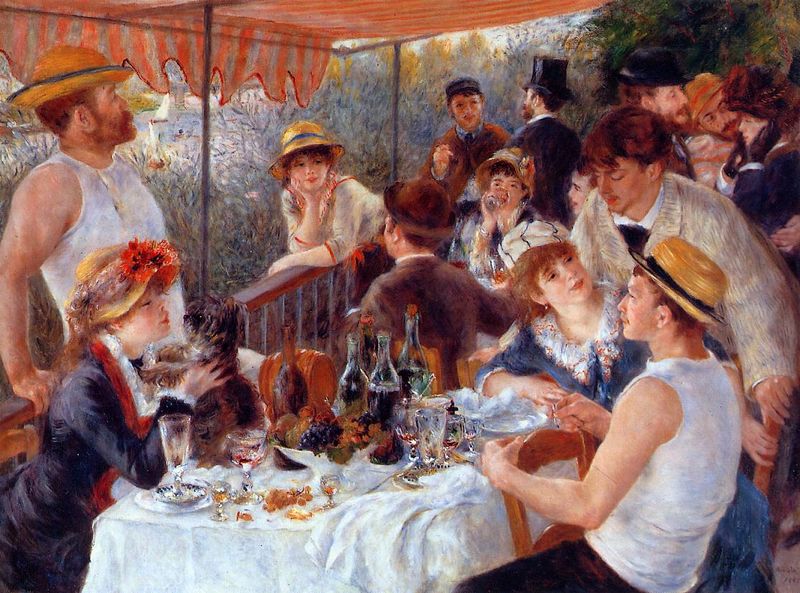spend money on having someone do it for me, i'm pondering on that. my artist budget is not spacious, and i always want to be in control of everything. i'm also not in control now, since my knowledge of html, css and dynamic scripting is abysmal. on this blog (like on my other blogs), i usually spend just the minimum amount of effort to learn how to control the most important issues (layout, fonts, picture representations, video embeddings - rare as they may be).
often i hear that an artist should use the internet-related social media, such as facebook. however, i truly dislike facebook, and seldom can muster the necessary energy to participate. i prefer blogging, since in this way i feel that i'm not pestering anybody with my long and often philosophical writings. anyone wishing to read can do so, but the blog feels agreeably low-key / modest to me in the sense that i do not advertise my postings, or draw attention to them other than by simply putting them up on the web.
the downside is that my blog doesn't generate much feedback / interaction. in order to sell art, many people recommend strategies based on networking, also web-based combined with social media. my own strategy is indeed old-fashioned and not so productive: i think customers should see the art in real life, and that the art should speak for itself.
for this i participate in some art-showing events each year. presenting my art in real life is however more work than presenting it on the web. for instance there is the framing to consider:

framing notre dame des anges with shells (click on the image for an enlargement)
i often experiment with the framing of paintings, because i want painting and frame to really work together. so more often than not i find myself constructing a frame, usually from wood or from aluminum. both materials require precise and time-consuming work. the designing of the frame, testing different options, both visually and constructively is often equally time-consuming.
therefore i undertake this only when i feel the paintings will really gain in strength, as compared to letting a professional picture-framer make a frame. i often use this latter option too, as costly as it can be, just to save time. but i still feel happy that i am able to create good picture-frames myself, it is not so easy.
framing drawings in addition involves cutting glass, and cutting passepartouts...the latter i can do well, but cutting glass is somehow not my strong point (it often breaks badly), so this i usually outsource, or avoid. i also like to use old picture frames, and repaint them with my `special' layered technique. in this way many drawings acquire some extra atmosphere. for this i regularly visit second-hand shops, to find suitable old frames. i have a fair collection of them, so i can pick one when a drawing is finished. i also use prefab standard size frames for drawings, mostly in wood but also aluminum sometimes.
my general guiding principle is that the frame should distract as little as possible from the artwork being framed. on te other hand, it should also be distinct enough colourwise and material-wise to be clearly separate from the artwork. i have seen countless artworks where the frame dominates the art...perhaps because without the dominant frame the art work is not special enough?
the question: if an artwork needs a frame to become art, then what have we? touches on a similar but more disturbing question:
if an artwork needs a museum to become art, then what are we doing?
many artworks in modern musea in my not so humble opinion would not be considered artworks if they were found outside of a museum. and in that case, i find myself prone to irritation that they take up space in a museum, and pretentiously so.























